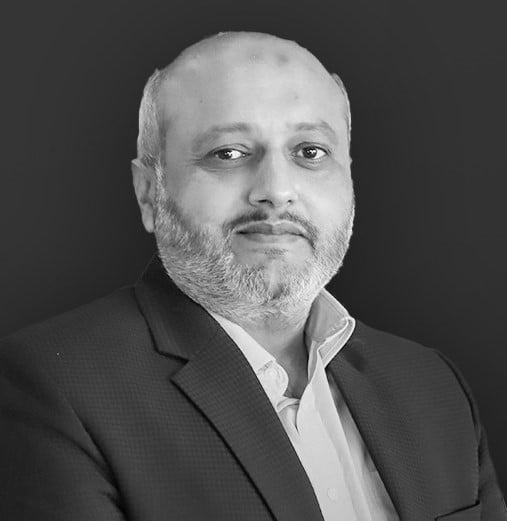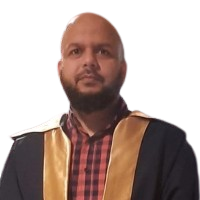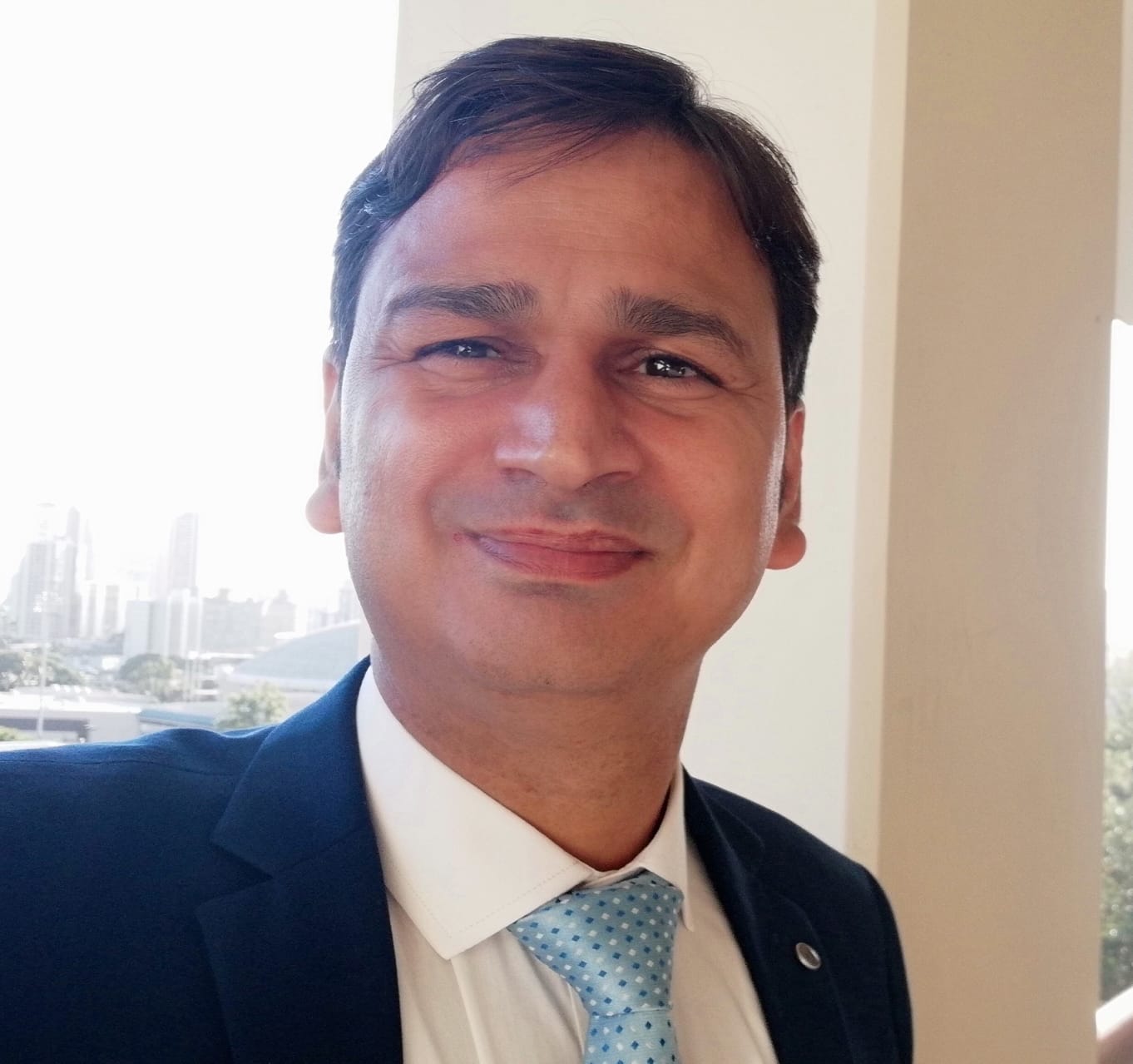
Dr. Cesar Sanin
Cesar has been working in the field of Artificial Intelligence/Machine Learning/Knowledge Representati technologies for the past 20 years. He pursued a PhD degree at the School of Engineering of The University of Newcastle. He coined the concepts of Set of Experience Knowledge Structure - SOEKS - and Decisional DNA - DDNA. Concepts that have been widely applied in different fields such as engineering, health, business, etc. Currently, his research focus is AI technologies based on experience.
Dr. Cesar Sanin uses knowledge engineering and augmented intelligence to solve real-world problems, helping to revolutionize decisions-making, processes and industries.Dr. Cesar Sanin has had very extensive experience in the area of intelligent systems development over the last 19 years. In this area, he has mainly contributed to the development of the knowledge engineering and artificial intelligence fields in several areas of application. One of his most novel developments has been the knowledge representation named Decisional DNA (DDNA) and the Set of Experience Knowledge Structure (SOEKS). Both technologies used in machine learning and augmented intelligence.He obtained his PhD degree in 2007 in the area of knowledge engineering, and since then, he has been researching and leading the Knowledge Engineering Research Team - KERT - at The University of Newcastle, Faculty of Engineering and Built Environment. KERT has contributed significantly to the area of smart information use in modelling and development of complex and augmented intelligent systems.Research ExpertiseDr.
Sanin has co-authored more than 200 publications, book chapters, journals, conferences articles and two books:- Knowledge Management and Engineering with Decisional DNA, Szczerbicki, Edward, Sanin, Cesar (Eds.) https://www.springer.com/gp/book/9783030396008- Decisional DNA and the Smart Knowledge Management System: Knowledge Engineering and Knowledge Management applied to an Intelligent Platform, Sanin, Cesar https://www.amazon.com/exec/obidos/ASIN/3838337425/acmorg-20His publications have gained over 2700 citations (Google Scholar). He has also been awarded, as co-chief investigator, six research grants and direct industry research funding from the European Union Research Council, Australian Academy of Science, the Colombian Government, and from The University of Newcastle.
He is a reviewer of several international journals, including Future Generation Computer Systems (Elsevier), IEEE Internet of Things, Engineering Applications of Artificial Intelligence, Computer Standards and Interfaces, International Journal of Cybernetics and Systems, Computer, Materials and Continua, International Journal of Production Research, among others. He is also a reviewer of international conferences such as Knowledge-based and Intelligent Information and Engineering Systems (KES), Intelligent Information and Database Systems (ACIIDS), Compitational Collective Intelligence (ICCCI), among others.




